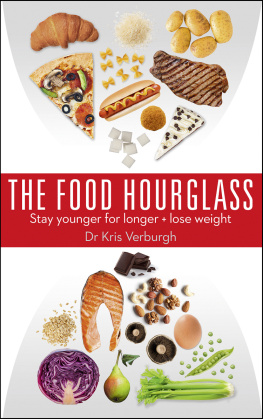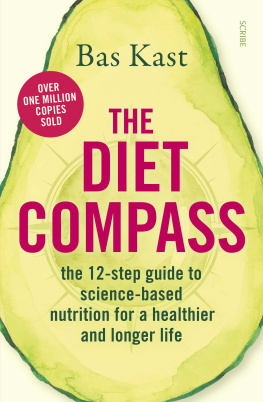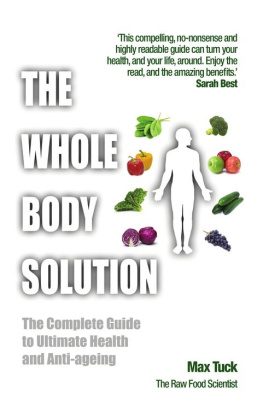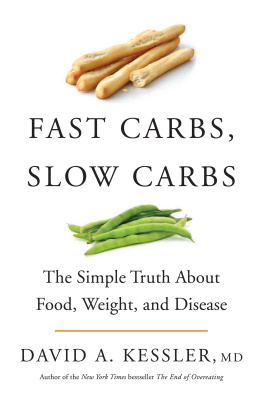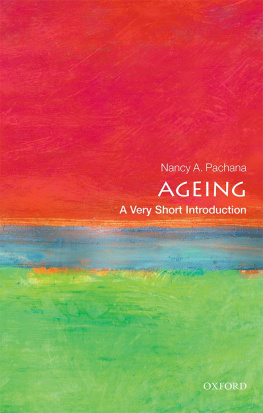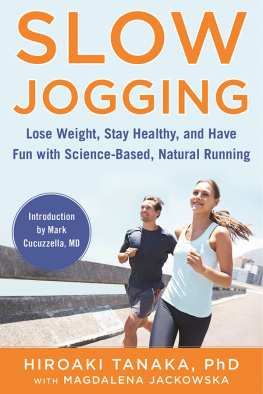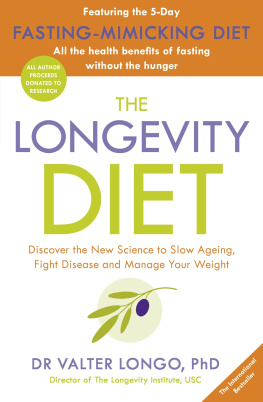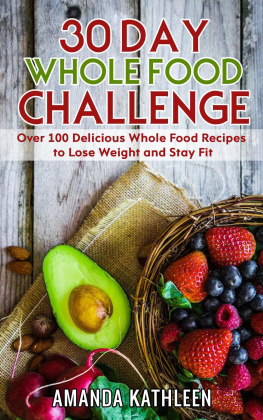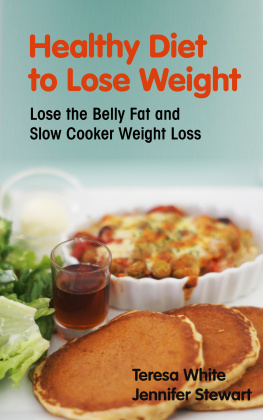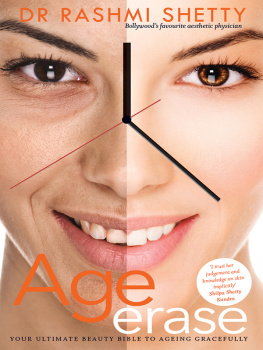In a fluent and readable style of writing, this doctor critically exposes the link between our genetically determined ageing process and our diet. This is highly recommended for anyone who consciously wants to eat more healthily and is, given the emphasis on prevention, especially useful for policy makers.
Dr Herman Becq, internist-endocrinologist
Nutrition is an important factor in not only the prevention, but also the onset, of cancer. This book makes the reader examine our socially integrated habits and really think about what we eat.
Dr An Vandenbroeck, cancer specialist
The authors greatest gift is that he provides a deeper insight into universal nutritional problems and in particular, those in western society. He uses plain language to bring a banal and media-driven topic into clear view.
Dr Hans Decoster, cardiologist
A healthy diet is the best medicine, as this book shows. If the recommendations of Verburgh were followed by everyone, healthcare would become both a lot more fun and cheaper. A must-read!
Adjiedj Bakas, Trend-watcher of the Year and author of The Future of Health
Governments and health authorities that worry about trends like the worldwide ageing population and completely unaffordable healthcare would do well to read The Food Hourglass: the simple yet rigorously justified solution lies in a healthier diet and lifestyle!
Reinier Evers, Trend watcher of the Year, founder of Trendwatching.com
This book contains ideas and opinions of the author. The knowledge obtained from this book is not intended to treat or cure particular illnesses or medical conditions. Neither the author nor the publisher wishes this book to be used as a means to provide professional medical services, healthcare services or other services. Before making any changes to your lifestyle and eating habits, always consult a physician or other professional healthcare providers. The author and publisher cannot be held responsible for any loss or risk, either personal or non-personal, which is sustained by applying, either directly or indirectly, content from this book.
This book contains ideas and opinions of the author. The knowledgeobtained from this book is not intended to treat or cure particular illnessesor medical conditions. Neither the author nor the publisher wishes thisbook to be used as a means to provide professional medical services,healthcare services or other services. Before making any changes to yourlifestyle and eating habits, always consult a physician or other professionalhealthcare providers. The author and publisher cannot be held responsiblefor any loss or risk, either personal or non-personal, which is sustained byapplying, either directly or indirectly, content from this book.
Thorsons
An imprint of HarperCollinsPublishers
1 London Bridge Street,
London SE1 9GF
www.harpercollins.co.uk
First published in Holland as De Voedselzandloper by Prometheus Books 2012.
First published in the UK by HarperCollinsPublishers 2014
Kris Verburgh 2012, 2014
A catalogue record of this book is available from the British Library
All rights reserved under International and Pan-American Copyright Conventions. By payment of the required fees, you have been granted the nonexclusive, non-transferable right to access and read the text of this e-book on screen. No part of this text may be reproduced, transmitted, downloaded, decompiled, reverse engineered, or stored in or introduced into any information storage retrieval system, in any form or by any means, whether electronic or mechanical, now known or hereinafter invented, without the express written permission of HarperCollins e-books.
Find out about HarperCollins and the environment at www.harpercollins.co.uk/green
Source ISBN: 9780007556168
Ebook Edition APRIL 2014 ISBN: 9780007556175
Version: 2016-03-11
Contents
Actually, I had never planned on writing a diet book. Truth be told, the last thing I ever wanted to do as a doctor and scientist was write a book about dieting. Diet and weight loss werent exactly top-ranking issues that occupied my brain. Whats more, I had somewhat of an aversion towards all those diet books and self-proclaimed health gurus who kept coming up with the strangest of diets.
What had been occupying my mind for many years was the ageing process. How and why we get older is an immensely fascinating process from a philosophical, evolutionary and biochemical viewpoint. Already as an adolescent I would devour books and scientific articles about ageing. One of the first things I learnt was the vital importance of nutrition in the ageing process. The rate at which we age is greatly determined by what and how we eat.
For example, research has shown that sugar metabolism plays an important role in ageing. Sugar not only causes wrinkles, cataracts or arterial stiffness through AGEs (Advanced Glycation End-products, as well explain later), it also plays a direct role in our life expectancy. Scientists are able to triple the life expectancy of worms by genetically modifying the genes that play a role in sugar and insulin metabolism. If these worms are then also put on a special diet, they can live six times longer. Other research studies reveal that rats fed on a calorie-restricted diet, but who still receive optimal nourishment, can reach the ripe old age of 1800 days. In human terms, thats 150 years old! Above all, these animals have far fewer age-associated illnesses such as cancer, heart disease or dementia. Yet more research shows that protein-rich diets cause laboratory animals to age considerably faster and die younger. And so on, and so forth.
Professor Michael Rose, an authority in the field of ageing (and whose famous experiments could double the age of fruit flies), says the following about nutrition and ageing:
Nematode, fruit fly, rodent, and clinical findings [in humans] all implicate metabolism in the control of ageing. Food turns up in all of these organisms as a major modulator of ageing. [...] The use of food energy affects the rate of ageing.
So you see, this is no ordinary diet book. It takes into account the view that nutrition plays a crucially important role in the ageing process. This is of course logical, when you consider that nutrition is the engine of our metabolism and that metabolism drives all our bodily processes. With this knowledge in mind, I have put together a diet (I dont really like the word diet, and will come back to this later). In contrast to most diets, the primary aim of this diet is not to lose weight. The often considerable weight loss is merely a fortunate side-effect. The purpose of this diet is first and foremost to slow down the ageing process. It seeks to make sure that we grow older more slowly and that we are less likely to suffer the illnesses associated with old age. Nearly all popular diets are based on the principle of quickly losing weight, but this is the wrong attitude. A genuinely good diet should always put priority on remaining healthy as long as possible. The weight loss then follows automatically. My background in biogerontology (the science that researches ageing) has provided me with a great deal of knowledge about metabolism and the ageing process, allowing me to see through most diets and have a rather accurate estimate of their harmful and unhealthy long-term impacts.
What I discovered during my research into the how and why of ageing is that most diseases that plague western society are essentially ageing-associated: heart disease, dementia, osteoporosis, type-2 diabetes, deterioration of hearing and eyesight, muscular atrophy and increased body fat percentage, high blood pressure, cataracts, etc. All these ageing-associated diseases could be combated at the same time by conducting research into the ageing process itself, instead of just looking at certain age-related illnesses like diabetes or dementia.
Next page
